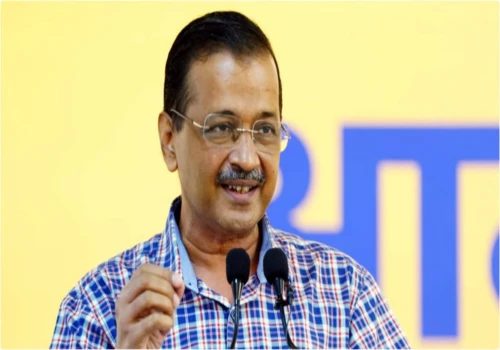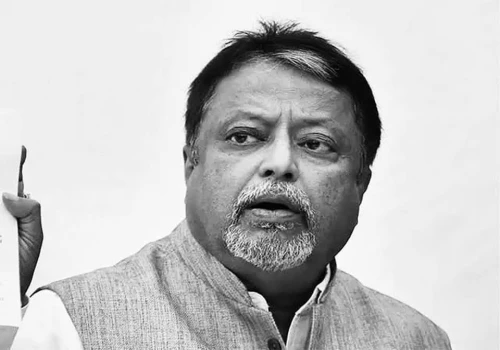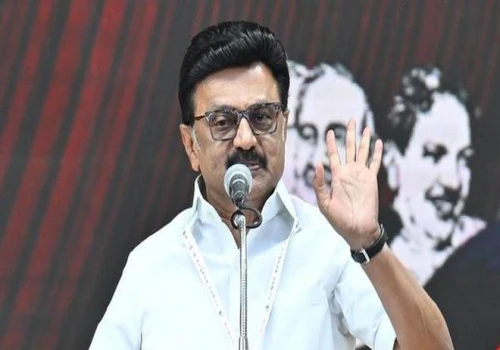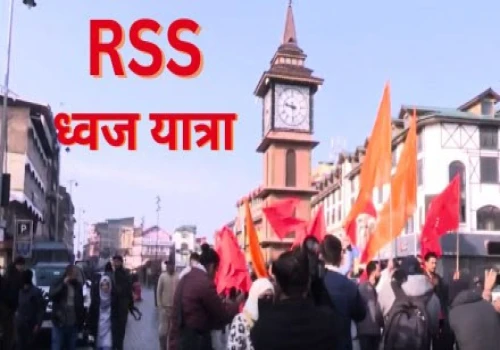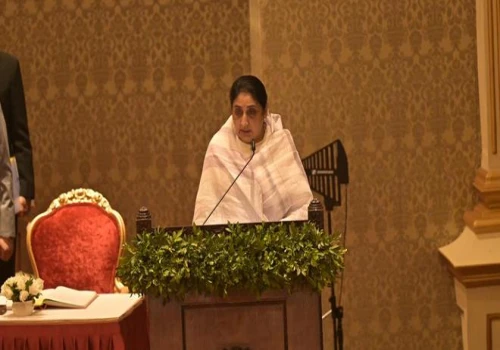
New Delhi: The late Karpuri Thakur, former Chief Minister of Bihar, is set to be posthumously honored with the prestigious Bharat Ratna, as announced by the Government of India on Monday evening. This announcement coincides with the 100th birth anniversary of Karpoori Thakur, which falls on January 24. The decision to confer Bharat Ratna upon Karpuri Thakur, popularly known as Jananayak for his widespread appeal, was disclosed a day prior to his birth anniversary. Speculation surrounds the timing of this significant move, with some suggesting that the BJP strategically leveraged the altered political landscape following caste enumeration in Bihar. Born in Samastipur, Bihar, Karpuri Thakur dedicated his life to tirelessly working for the betterment of marginalized sections of society.
Karpuri Thakur's legacy extends beyond his role as an anti-corruption leader. His impactful tenure as the Chief Minister of Bihar during the 1970s left an indelible mark on the country. Thakur, a committed socialist, drew inspiration from national ideals during his student years, leading him to join the All India Student Federation.
One of Thakur's significant contributions was the introduction of the 'Karpuri Thakur Formula' for reservation, aiming to ensure equal representation of backward classes in government services. In November 1978, he pioneered a 26 percent reservation for backward classes in Bihar, a move that not only empowered these communities but also catalyzed the rise of regional parties, transforming the political landscape in the Hindi heartland.
As the Education Minister, Karpuri Thakur implemented groundbreaking reforms, such as abolishing English as a compulsory subject at the matriculation level. Recognizing it as a barrier to competitive examinations for many students, he focused on making education more accessible, establishing numerous schools and colleges, especially in backward areas. Additionally, he made education up to the 8th standard free, significantly contributing to the educational upliftment of underprivileged sections of society.
Thakur's vision extended to major land reforms, leading to the redistribution of land from zamindars to landless Dalits, who came to be known as 'Jananayak' or 'Loknayak.' Despite facing resistance and abuse from privileged classes, Thakur's policies laid a solid foundation for future leaders to advocate for social justice. His enduring impact on education, reservations and land reforms continues to shape the socio-political landscape of Bihar and the nation at large.



